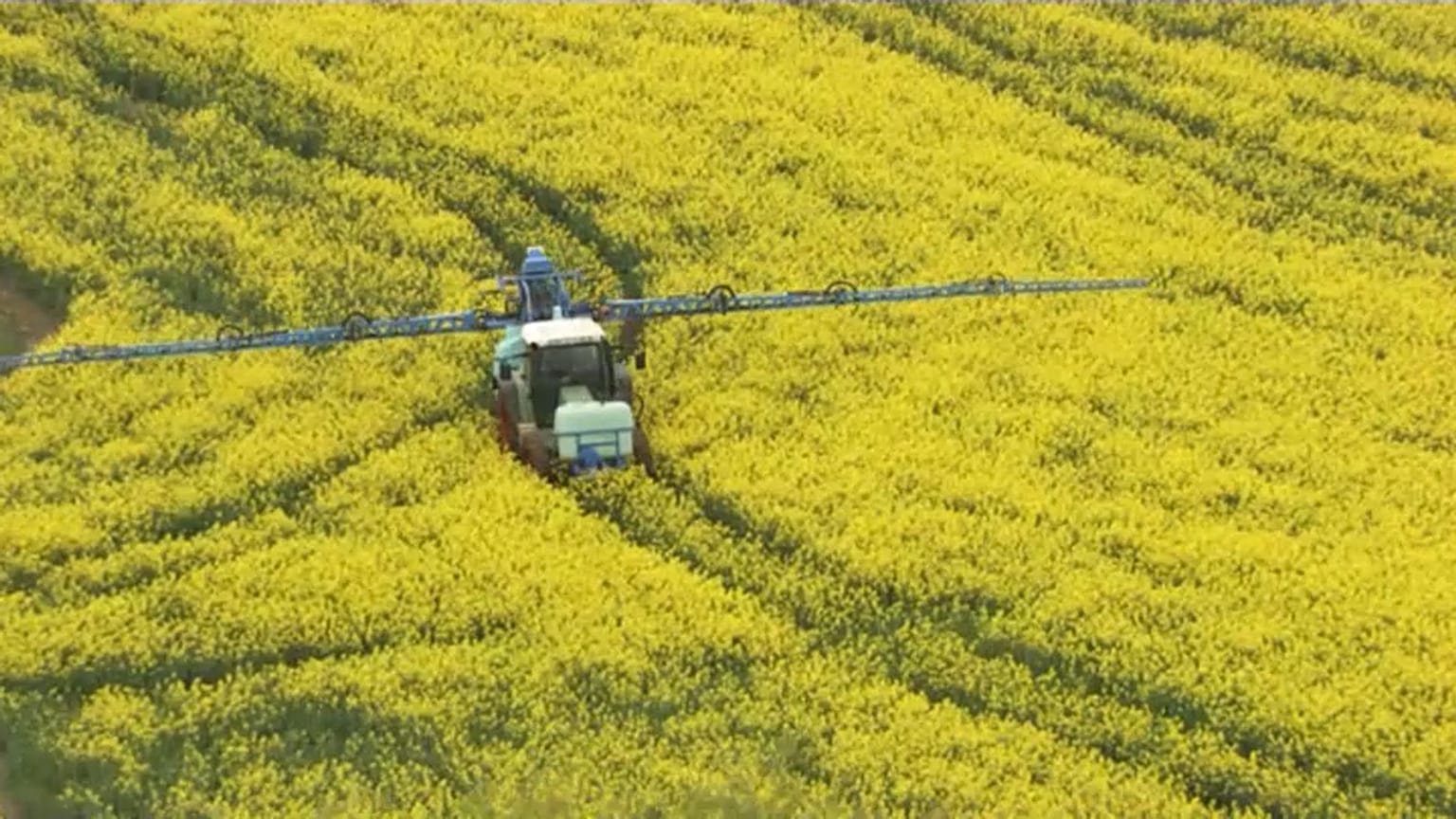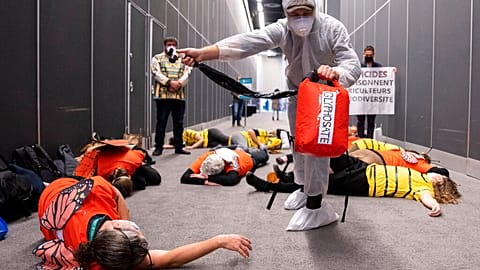France has been compensating farmers with Parkinson's for the last three years following numerous scientific studies linking the disease to the use of the pesticide.
The European Commission announced on Thursday that it is approving the use of the controversial chemical substance glyphosate across the European Union for another decade after member states failed to reach an agreement.
 ADVERTISEMENT
ADVERTISEMENT
 ADVERTISEMENT
ADVERTISEMENT
France does not yet want to ban the pesticide but is convinced that there is a link between Parkinson's disease and the chemical.
As a consequence, farmers in France who can prove they are suffering from Parkinson's disease are entitled to compensation from the government.
Paris did not vote against the Commission's proposal, arguing for several months that there could be no ban without an alternative solution.
French lawmakers had asked Brussels to include several measures aimed at restricting the use of the herbicide, but they were not accepted.
In recent years, Paris has restricted the use of glyphosate in the country, notably banning it for individuals and communities or regulating the doses used by farmers. If a farmer becomes ill after using glyphosate, he is entitled to compensation for the rest of his life.
Hermine Baron, a lawyer specialising in environmental law said that many scientific studies have made a connection between Parkinson's and agricultural poisons.
"There are more cases of Parkinson's in farmers than in ordinary people. And some judges recognise that link. That is why Parkinson's was officially recognised as a disease caused by agricultural poisons," he said.
Glyphosate is one of the most commonly used herbicides in agriculture. There are also concerns about the consequences of the drug for nature and the environment.

















